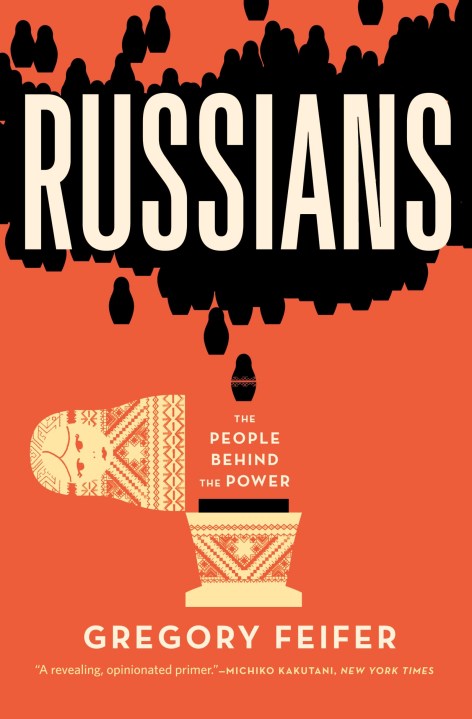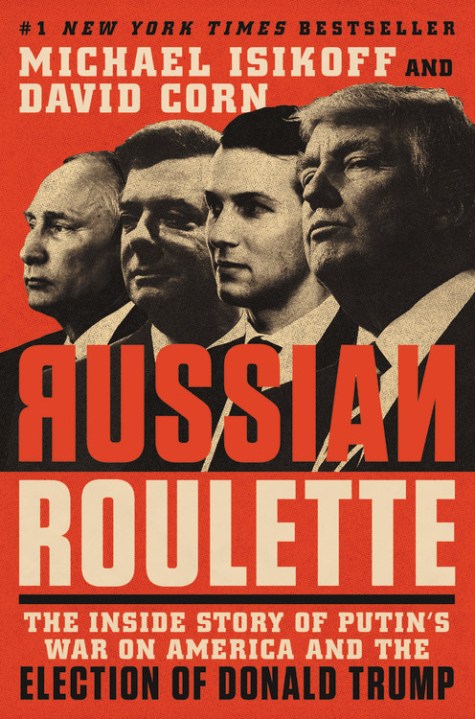Russia is weak, but its leader makes the most of the West's
disarray and indecisiveness
by Angela Stent, via Wall Street Journal
Vladimir Putin's Big Push Into the Middle East
Free of Soviet-era baggage, Russia is bust cultivating ties across the region, including key US allies Israel and Saudi Arabia
by Angela Stent, via Wall Street Journal
'Putin's World' and We're Just Living In It?
The Modern Influence of Russia
Discussion and excerpt via On Point, WBUR
Expert: Russia "Never Seems to Learn" How Things Work in U.S.
MSNBC with Ali Velshi





